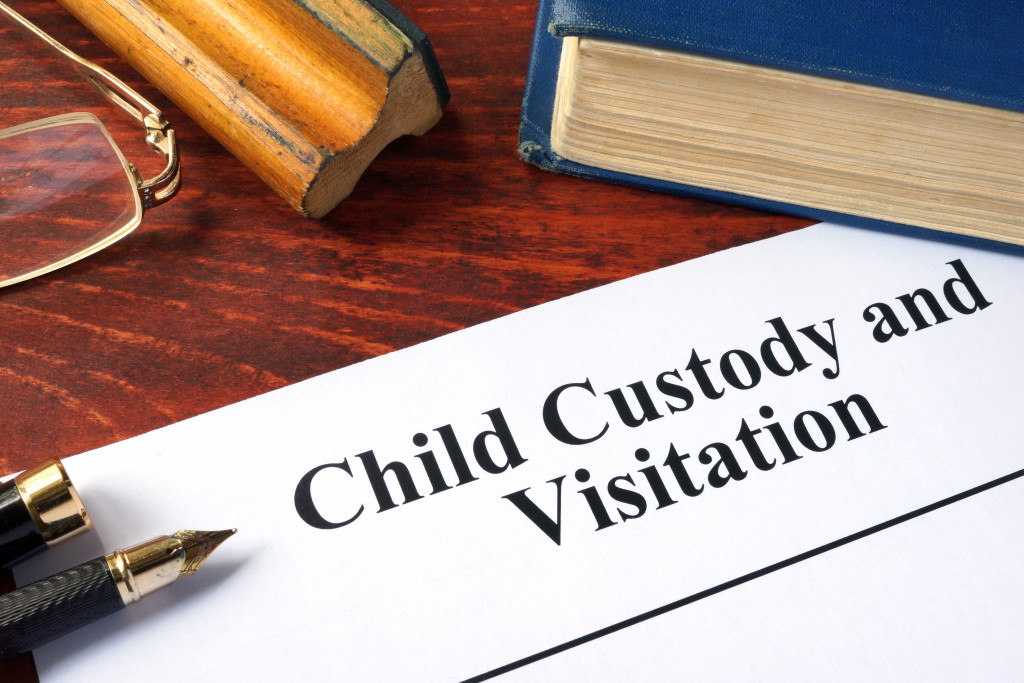- Put your child’s needs first when making custody decisions.
- Communicate with your co-parent respectfully and constructively.
- Keep detailed records of your interactions with your co-parent.
- Be willing to compromise and work towards a shared goal of what is best for your child.
- Consider hiring a lawyer to help you navigate the legal system and protect your child’s best interests.
Dealing with child custody can be a daunting and emotional experience. It involves making difficult decisions that will impact your child’s future. As a parent, you want what’s best for your child, but sometimes it can be challenging to know what that is. Here are five tips to help you navigate this process.
1. Focus on Your Child’s Needs
Regarding child custody, it’s essential to put your child’s needs first. This means being willing to compromise and work with your co-parent to create a custody arrangement that is in your child’s best interests. Try to put your feelings aside and think about what is best for your child’s emotional and physical well-being. Remember that your child needs both parents in their life, so creating a custody agreement that allows for that is important.
2. Communicate Effectively With Your Co-Parent
Effective communication with your co-parent is crucial when it comes to child custody. This is because the decisions you make can have long-term impacts on your children and their well-being. It’s important to remember that both parents are equally responsible for the care of their children and that it is in everyone’s best interest to communicate effectively.
Here are some tips for effective communication with your co-parent:
Remain Respectful
When communicating with your co-parent, it’s important to remember that although you may disagree on some issues, it doesn’t mean that either of you is wrong or bad people. Remember to remain respectful and courteous in all your interactions, no matter how difficult the conversation is. Showing respect will help keep communication open and productive.
Focus on Solutions

Problem-solving is often part of effective communication when two people have different points of view. Instead of focusing on the problem at hand, focus on finding solutions to it. This means listening to each other and brainstorming ideas together until both parties can compromise comfortably.
Be Clear and Concise
It’s important to be clear in your communication by using straightforward language that is easy for both parties to understand. Be mindful of your tone and avoid speaking in absolutes or making assumptions. Also, keep your conversations on point and avoid straying off-topic or getting into unnecessary details.
Use Technology
If face-to-face communication isn’t an option, consider using email, text messaging, phone calls, and video conferencing to stay connected with your co-parent. This can help reduce misunderstandings and make conveying their thoughts easier for both parties.
3. Keep Detailed Records
Keeping detailed records of your interactions with your co-parent can be helpful in the event of a custody dispute. This includes keeping track of any communication you have with your co-parent and any important dates or events related to your child’s care. If you have concerns about your co-parent’s ability to care for your child, it’s also important to document those. If necessary, a record of your interactions can help you make your case in court.
4. Be Willing to Compromise

Compromise is key when it comes to child custody. It’s unlikely that either you or your co-parent will get everything you want in the custody arrangement, so it’s essential to be willing to make concessions. Remember that the goal is to create an arrangement that is in your child’s best interests, not to “win” the custody battle. Be open to creative solutions and think outside the box when creating a custody arrangement that works for everyone.
5. Hire a Family Law Attorney
If you struggle to agree with your co-parent or have concerns about your child’s safety or well-being, it may be time to hire reliable family law attorneys. A good family lawyer can help you navigate the legal system, negotiate with your co-parent, and protect your child’s best interests. They can also help you understand your rights and obligations as a parent and provide you with valuable advice and guidance throughout the custody process.
In Summary
Dealing with child custody can be a challenging and emotional process. Still, by focusing on your child’s needs, communicating effectively with your co-parent, keeping detailed records, being willing to compromise, and hiring a custody lawyer when necessary, you can navigate this process confidently and create a custody arrangement in the best interests of your child. Remember that your child’s well-being should always be your top priority, and with the proper support and guidance, you can create a happy and healthy future for your family.







